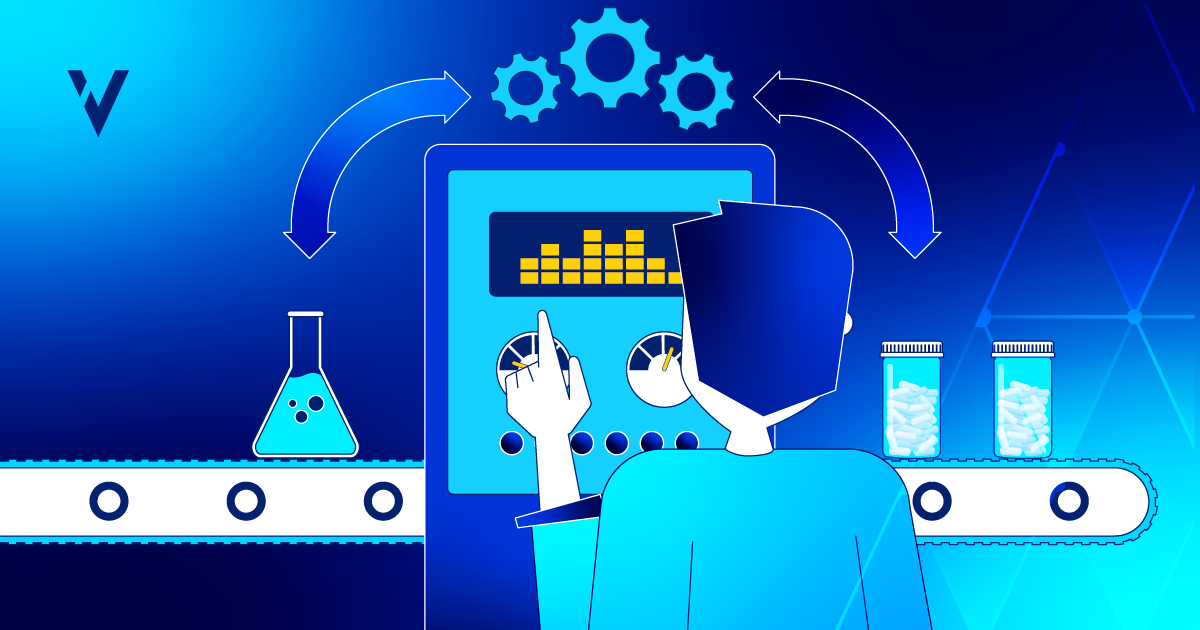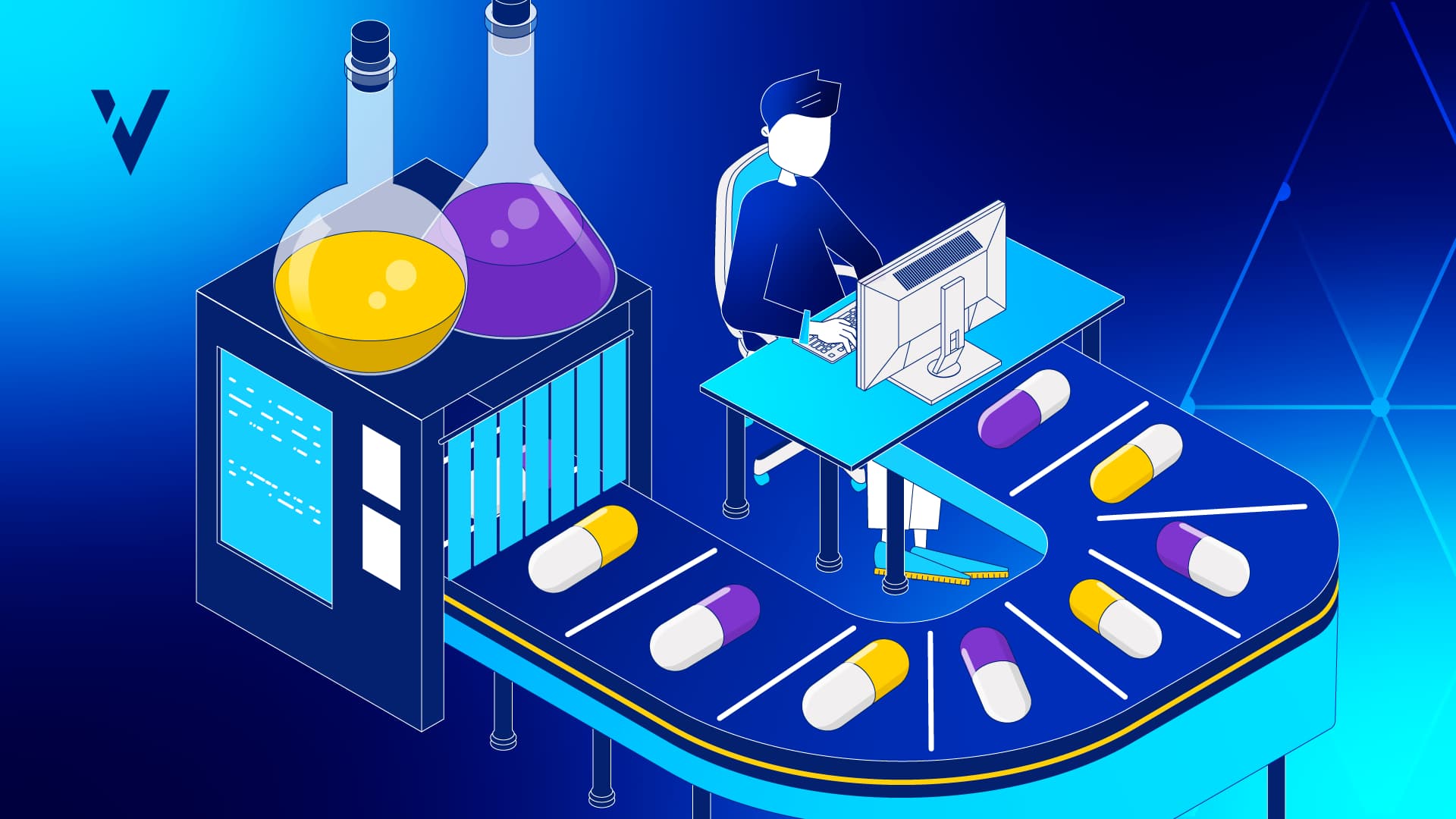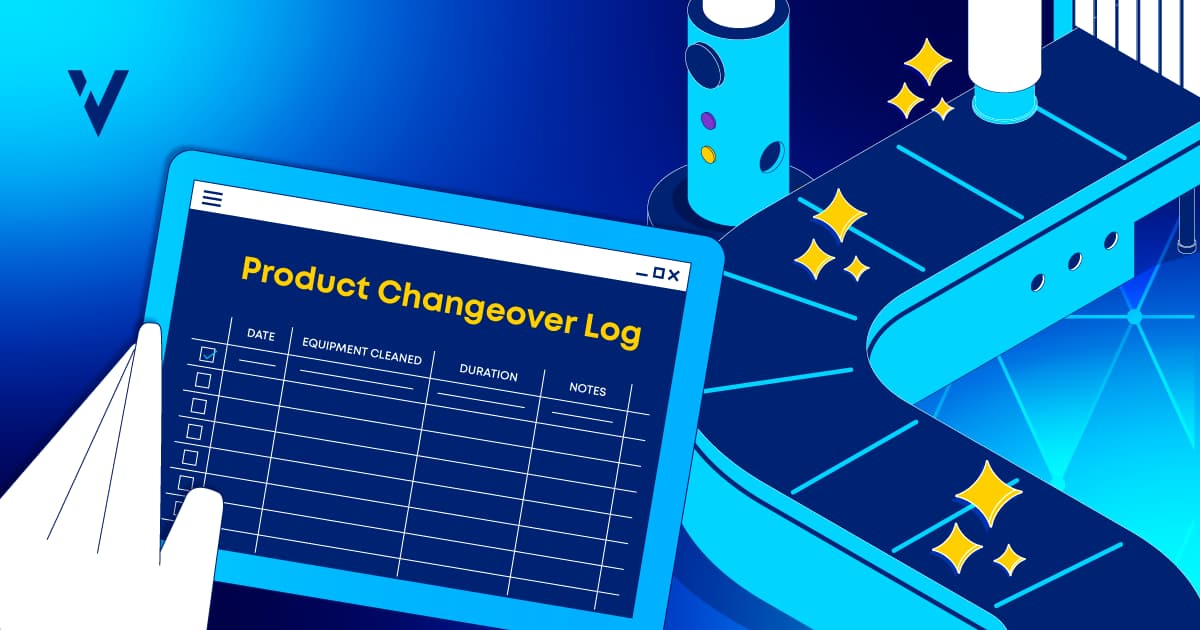
Published on March 22, 2023
Reading time: -- minutes
Last updated on July 18, 2024



Today, the pharmaceutical industry is facing a lot of pressure to meet the high demands of the customers and regulators. The market is rapidly changing and, as such, your product development needs to keep up with it. You can achieve this by accelerating the process scale-up and industrialization with an effective tech transfer strategy, leading to a reduction of the time-to-market.
In this blog post, we’ll discuss the current main challenges in pharma tech transfer and how to overcome them, leading to an optimized tech transfer.
According to the ICH Q10 guideline, “the goal of technology transfer activities is to transfer product and process knowledge between development and manufacturing, and within or between manufacturing sites to achieve product realization.”
Therefore, for a successful tech transfer the receiving unit (internal or external) needs to understand the process in depth. It may seem a relatively easy process but, the complexity of the pharma industry environment and the increasingly complexity of industrial processes and technologies can bring some obstacles to an effective Tech Transfer.
When the sending unit is internal to the company and the receiving unit external, we commonly face the following challenges:
On the other hand, in internal-internal tech transfer there are less barriers and the process tends to run smoother. However, some challenges may still arise, such as the miscommunication between departments derived from deficient planning and weak stakeholder management.
In either case companies are starting to adopt new solutions and approaches to overcome these challenges. In this blog post, we’ll focus on the following solutions that essentially mitigate the risks or barriers previously outlined:
For a successful tech transfer, your company needs to establish a dedicated project management multidisciplinary team. This team will manage effectively and timely all communications between stakeholders. Therefore, it’s important to incorporate in this team individuals with both project management and technical skills. Additionally, you must have experienced members capable of identifying risks involved in the project, leading to a more successful process.
When selecting an external partner, it’s also essential to choose a company that has both the project management and technical expertise required to conduct the process you’re transferring in the designated timelines. Therefore, it’s important to define the responsibilities of the parties involved up front, ensuring a smooth execution of the project.
A successful technology transfer is based on the transfer of deep and detailed product and process knowledge. Following the Quality by Design (QbD) framework ensures that this knowledge base is generated, evaluated, and documented throughout the whole product lifecycle. Furthermore, the QbD approach can help you in the equipment and material selection, linking the critical process parameters (CPPs) to critical quality attributes (CQAs), and establishing the design space (DS). Finally, your scale-up and transfer process can also greatly benefit from risk assessments following QbD principles at each stage of the drug development.
Nowadays, most companies still use traditional tools, such as PDFs and spreadsheets, in their tech transfer projects. However, the digital transformation of tech transfer can bring you many benefits by optimizing knowledge sharing, and data and information exchange. All of these factors contribute to a faster manufacturing and commercialization of drug products. Currently, there are two main tools that can contribute for this digitalization:
These product lifecycle management platforms provide you with a single source of product and process information. This way, they can help you to create a collaborative environment to support the communication, cooperation and the gathering of information between different departments in one single place, avoiding silos.
The digital models can assist the tech transfer by creating a digital twin of operating plants and processes. To maximize the benefits of these tools, such as accelerating time to first manufacturing, the whole process should be defined in a flexible digital model. With this model, the receiving unit can more easily start the production with extra confidence and going straight to the point on the critical conditions to test, avoiding exhaustive testing in their own process or equipment at-scale.
Overall, this digital transformation will allow access of information in an easy-to-use format within a collaborative environment. This reduces the risk of failure due to miscommunication that commonly happens when using documents or systems instead.
ValGenesis has an extensive experience in supporting world-class pharmaceutical companies with their Tech Transfers. From defining critical process parameters (CPPs), to establish a control strategy for the scaled-up process, you can count on us!
In addition, you can benefit from our ValGenesis Process Insight, a robust Data-Science solution with a digital twin module that can assist you in your tech transfer digital transformation. To know more about the benefits this solution can offer you, check our website!
If you’re struggling with a technology transfer process, don’t hesitate to contact us and discuss how we can support you!

Discover how digital tools simplify tech transfer in Pharma 4.0, enhancing efficiency, product quality, and speed to market in the pharmaceutical industry.
By Rui Silva
Read.webp)
Discover how automated process monitoring in CPV ensures continuous control, early risk detection, and improved quality oversight in modern manufacturing.
By Sofia Santos
Read
Learn how digital cleaning validation solutions can prevent cross-contamination and ensure drug safety during product changeovers in pharma manufacturing.
By Kenneth Pierce
Read